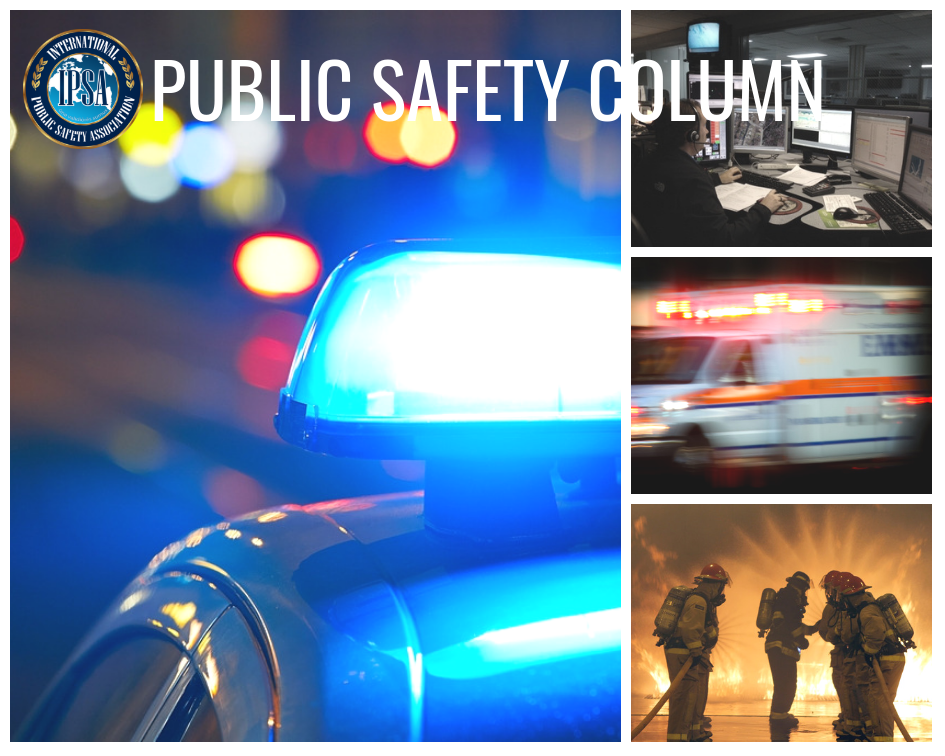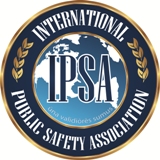| INTERNATIONAL PUBLIC SAFETY ASSOCIATION |
- Home
- Public Safety Column
Public Safety Column |
The IPSA's Public Safety Column is an opportunity for our members and corporate sponsors to provide thought leadership articles about all topics facing public safety. The articles we publish are not necessarily the views of the IPSA, rather they are opinions shared by each contributor. Become an IPSA Public Safety Column Author Are you interested in writing for our Public Safety Column? We accept articles on a variety of public safety topics. Please submit article drafts between 400 and 1400 words. We may do minor editing in regards to format so please allow a couple of weeks for article review. Email us at info@joinipsa.org with your article ideas. We'd love to share them! |  |
